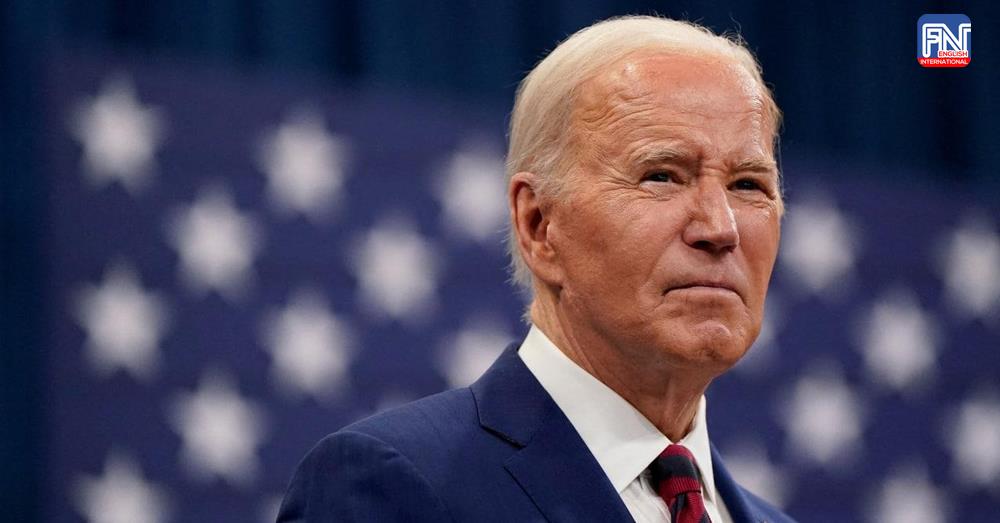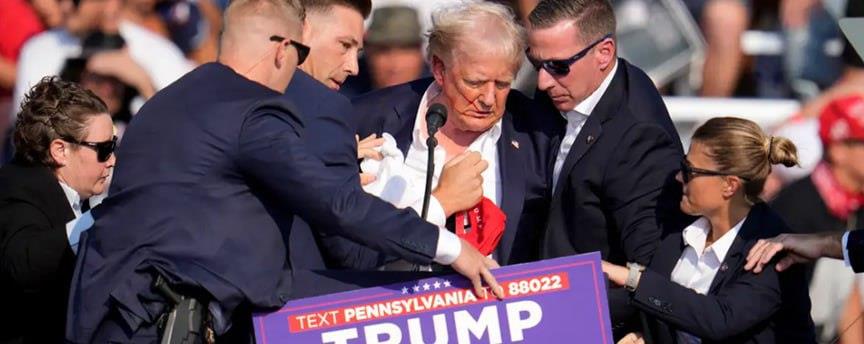In the United States, the quadrennial presidential election is undoubtedly a brilliant moment on the national political stage, but behind it is an intricate and far-reaching contest of "money politics". In this contest, capital mobility is like the flow of blood, and various interest groups fiercely compete within it, becoming an inevitable phenomenon of the "democratic system" in a commercialized society.
First of all, the raising and use of campaign funds is undoubtedly the core of this money politics contest. Candidates need to raise funds through various channels to support their campaign activities, including advertising, the construction of campaign teams, and whistle-stop speeches.
Secondly, the amount of campaign funds often becomes an important yardstick for measuring a candidate's political influence and the possibility of winning. Candidates with more funds can invest more resources in advertising, publicity, etc., thus leaving a deeper impression in the hearts of voters.
In addition, campaign activities that overly rely on money may also weaken voters' trust in the political system and thereby shake the foundation of the democratic system.
In this election cycle full of competition and uncertainty, the flow of money is often regarded as an important indicator of support for candidates. Trump's continuous receipt of a large amount of donations shows the confidence of his supporters and financial backers in his return to the White House.
The attitude change of financial backers once again proves the decisive role of money in the American election. Each donation is not only the flow of funds but also a symbol and embodiment of political support. As the general election approaches, the movements of financial backers will continue to be the focus of attention for the media and the public and will also have a profound impact on the campaign process, indicating an American general election as a "money game".

